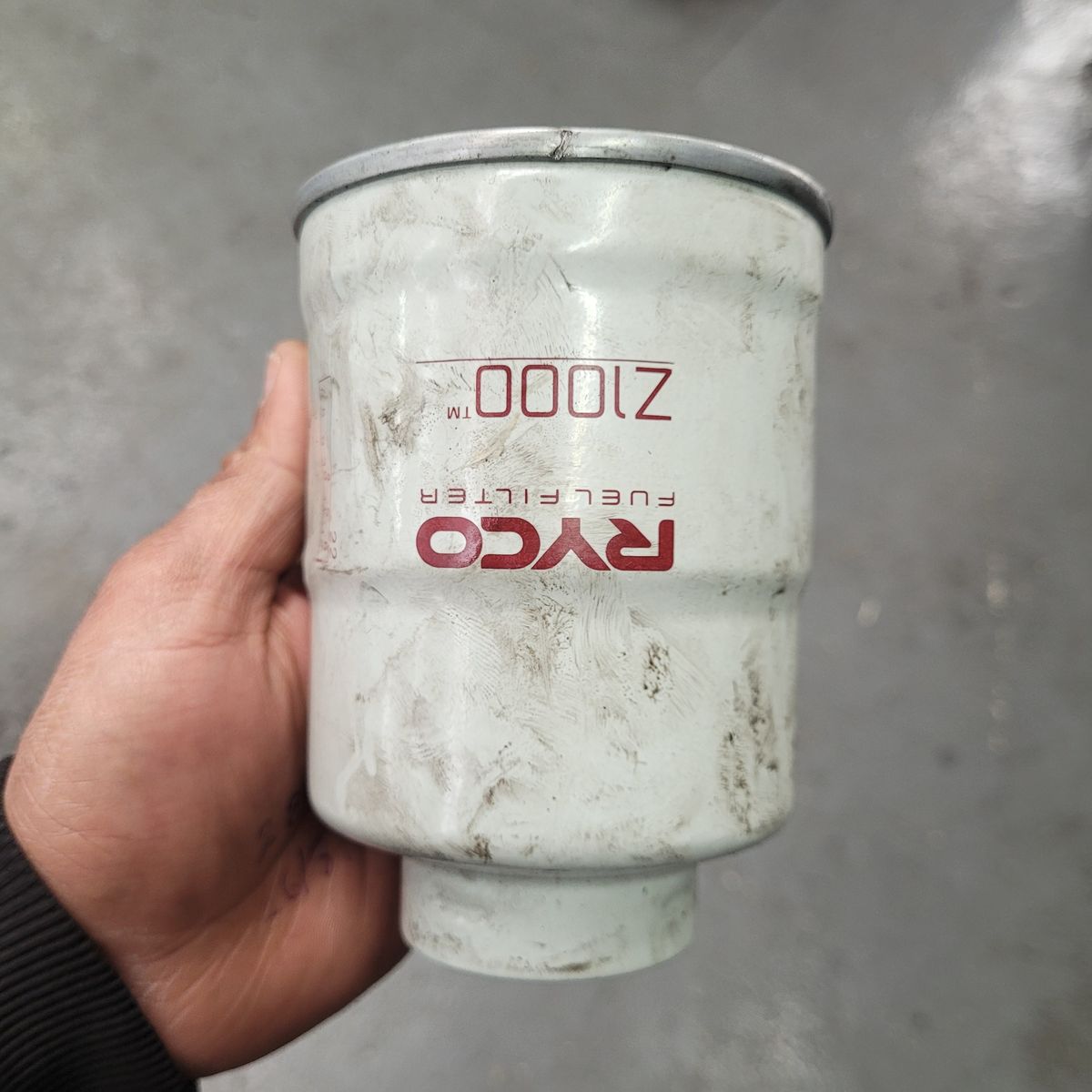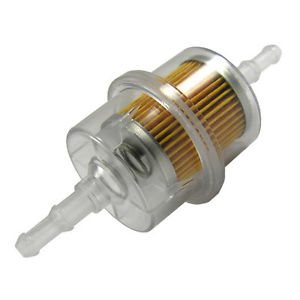All about your fuel filter (and why you should care!)
Alright, let’s have a chat about fuel filters. You probably don’t give yours a second thought until the car starts spluttering down Kahikatea Drive or idling rough on a cold Hillcrest morning. But this little bit of kit plays a huge role in keeping your car running sweet, especially with all the stop-start traffic around Hamilton and those backroads out to Tamahere or Ngaruawahia.
Basically, your fuel filter is the first line of defence for your engine. It stops dirt, rust, and gunk from mucking up your fuel system. Doesn’t matter if you’re driving an old Toyota Caldina, a shiny Mazda CX-5, or something flash like a late-model Renault or Isuzu MU-X—we see the same issues pop up no matter the brand.
What does the fuel filter actually do?
- Keeps the nasty stuff out: Over time, petrol and diesel can pick up all sorts of rubbish—think tiny bits of metal or grit from the tank, especially if you fill up from dodgy stations on the outskirts of Te Awamutu or hunt for cheap fuel in Chartwell. The fuel filter grabs that junk so it doesn’t get through to your injectors or engine.
- Stops blockages and poor running: After a while, especially if you clock up big KMs doing road trips to Cambridge or doing daily runs through Dinsdale potholes, that filter can get so full it can’t do its job. A blocked fuel filter means your car’s starved for fuel. That’s when you’ll notice rough running, bad starts, or even random stalling—especially annoying when you’re stuck at the lights by The Base!
- Protects the pricier parts: Clean fuel keeps everything else—fuel pump, injectors, even your turbo if you’ve got one—safe from wear and tear. It’s a lot cheaper to swap a filter than shell out for repairs to your fuel system later on.
How often should you get your fuel filter replaced?
Look, there’s no one-size-fits-all answer since it depends on your car and where you drive it. As a general rule, most mechanics around Hamilton (including us) recommend changing the fuel filter every 20,000 to 30,000 miles (about 32,000 to 48,000km) or every couple of years. But if you’re driving heaps of short trips out to Morrinsville, or if you’ve got an older Honda Odyssey or a hybrid like a Prius that’s clocked up the Ks, you might want it done sooner. It’s also wise if you’ve ever copped some dodgy fuel or mainly use smaller servos outside Hamilton.
Best bet? Check your owner’s manual for your specific car’s service schedule, or just pop in and we’ll have a look. Realistically, if you’re getting your car service, WOF, or hybrid repair sorted at Grimmer Motors, we’ll let you know if it’s time.
How do you know if your fuel filter is cactus?
- Engine’s hesitating or missing: Like, you put your foot down and there’s nothing there, especially heading up the hill on River Road.
- Hard to start (or keeps stalling): Getting noisy or taking ages to kick into life, particularly on cold winter mornings. Pretty common with older Subarus or Nissan Bluebirds we see.
- Random stalling: Especially after bumps and stop-go traffic through town. Filter’s that blocked, car can just cut out for no reason.
- Crappy fuel economy: You’re filling up at Z on Ulster St more often than usual, even though your driving habits haven’t changed. Could be the filter making your car work harder.
- Lacks power at high revs: If it feels like your Euro wagon (maybe a Volvo V50) isn’t as gutsy anymore especially at motorway speeds out by Rotokauri, fuel filter could be the culprit.
Need your fuel filter replaced? We’ve got you sorted in Hamilton
If your car’s due for a fuel filter change, or you’re worried it might be clogged, just bring it in to Grimmer Motors. One of our technicians will whip out the old filter and pop in a new one—easy as. You’ll end up with less stress on your fuel pump, smoother running, and a happier engine. Whether you’re getting around Frankton, driving the kids out to Gordonton, or making the commute from Cambridge, you’ll be sorted.
Get in touch with Grimmer Motors for your next fuel filter replacement or Book Now


